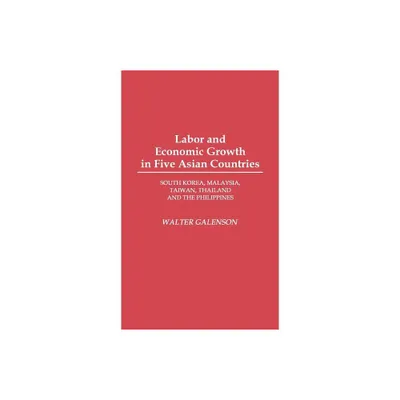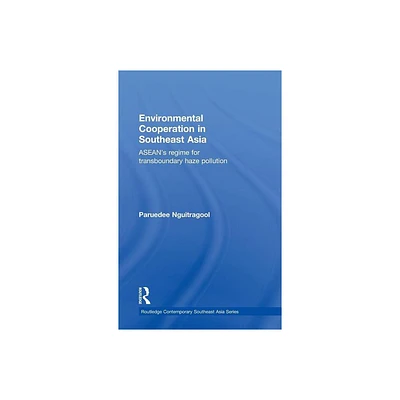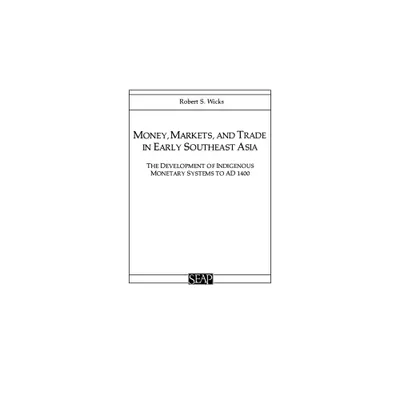Home
Southeast Asia beyond Crises and Traps: Economic Growth and Upgrading
Loading Inventory...
Barnes and Noble
Southeast Asia beyond Crises and Traps: Economic Growth and Upgrading
Current price: $159.99


Barnes and Noble
Southeast Asia beyond Crises and Traps: Economic Growth and Upgrading
Current price: $159.99
Loading Inventory...
Size: OS
*Product Information may vary - to confirm product availability, pricing, and additional information please contact Barnes and Noble
This book examines five countries in South East Asia that are instructive case studies of how the region has had to negotiate pathways of development beyond crises and traps. At two ends of just one decade, 1997–2007, Indonesia, Malaysia, the Philippines, Thailand and Vietnam all had to weather the shocks of an East Asian financial crisis and a global financial crisis. Some economies might have buckled completely under those shocks and been condemned to long-term stagnation. Yet these five economies, part of the larger Asian region, emerged with continued if slower economic growth.
An important theme of this book is that their resilience has been partly derived from the pursuit of growth and competitiveness along less known or recommended pathways. The chapters of this book take a novel approach to South East Asia’s search for growth and improvement. They do not begin by evaluating how far macro-level performances would take a particular country towards high-incomestatus. Instead they provide original insights into actual cases of intermediate ways of achieving growth, upgrading and income improvement in non-privileged sectors. Such cases may hold more relevant lessons for the majority of developing countries than the experiences of highly developed economies.
An important theme of this book is that their resilience has been partly derived from the pursuit of growth and competitiveness along less known or recommended pathways. The chapters of this book take a novel approach to South East Asia’s search for growth and improvement. They do not begin by evaluating how far macro-level performances would take a particular country towards high-incomestatus. Instead they provide original insights into actual cases of intermediate ways of achieving growth, upgrading and income improvement in non-privileged sectors. Such cases may hold more relevant lessons for the majority of developing countries than the experiences of highly developed economies.


















